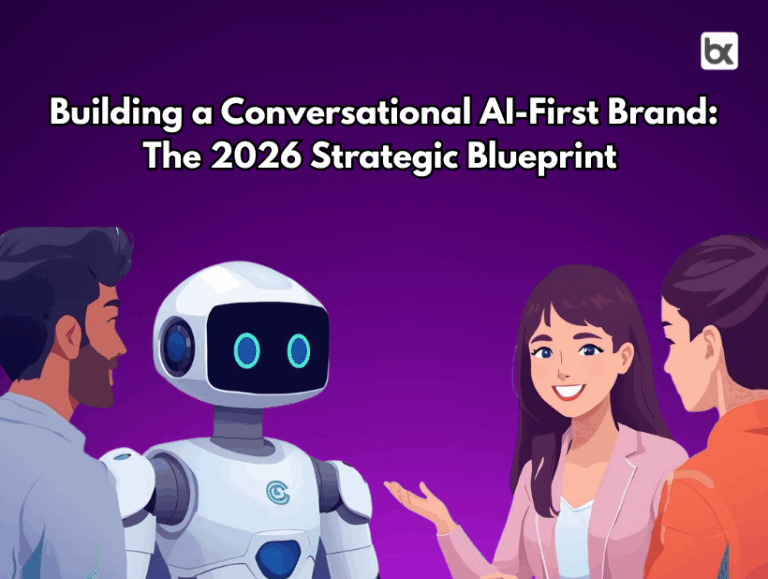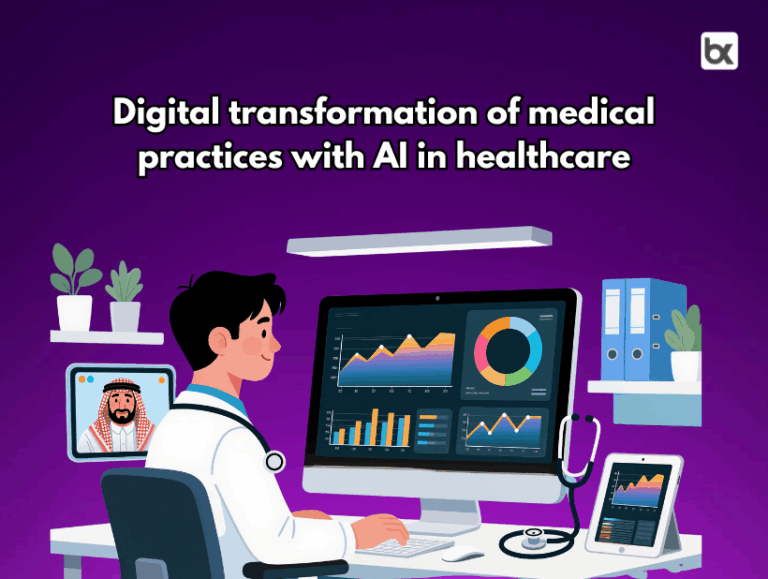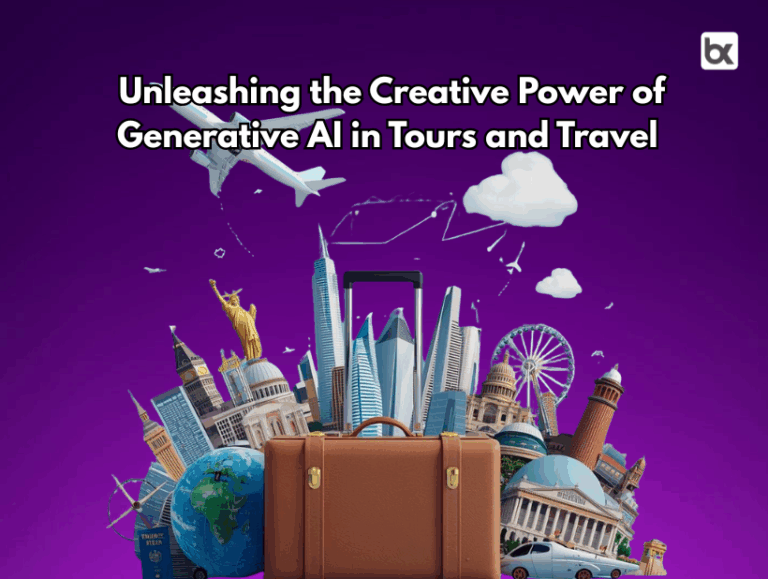Chatbot for Marketing: How AI Chatbots Boost Business in 2025
How to Use a Chatbot for Marketing to Boost Engagement in 2025

Marketing has always been about timing, personalization, and connection. Yet in today’s digital-first world, customers expect immediate interaction. They no longer want to wait for email responses or dig through endless FAQs. This is where a chatbot for marketing changes the game.
A chatbot for marketing can greet visitors the moment they land on your website, answer their questions in real time, and guide them toward the next step whether that is signing up for a demo, scheduling a call, or completing a purchase. Unlike traditional forms or delayed follow-ups, these tools work instantly and 24/7, creating a seamless experience that improves engagement and conversions.
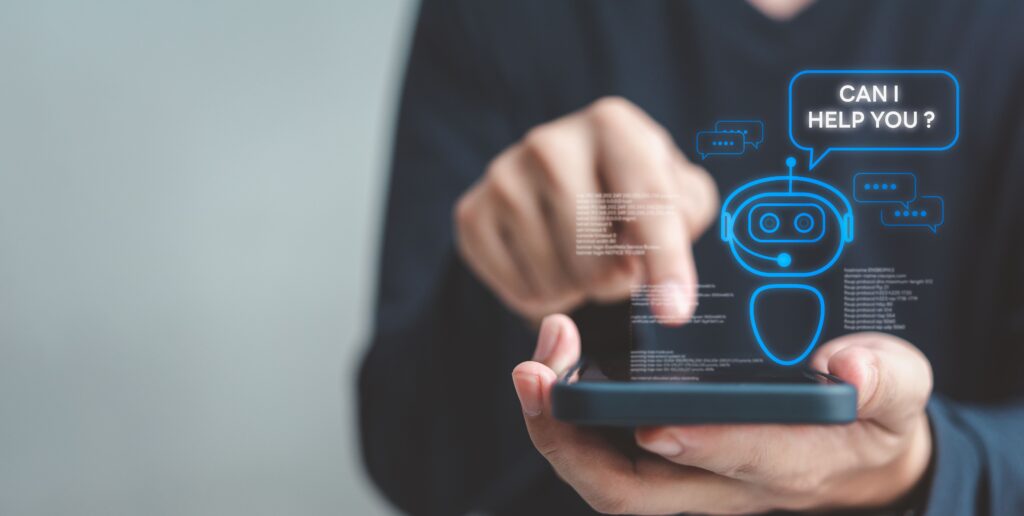
The Rise of Chatbot Marketing
Chatbots have matured from being simple pop-ups to becoming advanced marketing assistants. Chatbot marketing refers to the strategic use of conversational AI to automate customer engagement, lead qualification, and campaign support. Businesses of every size are deploying them because they solve two major challenges: availability and personalization.
With chatbot marketing, you can:
- Provide instant, accurate responses to inquiries
- Recommend products or services based on customer behavior
- Capture valuable lead data without adding pressure on sales teams
- Offer round-the-clock support that customers now expect as standard
For many businesses, adopting a business chat bot has meant turning static websites into interactive sales engines.

Why Businesses Are Relying on AI Chatbots
An AI chatbot for business is not just another automation tool. It is becoming a central part of marketing strategy. Unlike traditional bots that rely on rigid scripts, AI chatbots use natural language processing and machine learning to create fluid conversations.
Here is why businesses are investing heavily in them:
- Stronger engagement: Prospects get answers at the exact moment they show interest. No missed opportunities.
- Smarter campaigns: AI chatbots can segment users into different audience groups, then deliver targeted offers, content, or product suggestions.
- Improved ROI: Automating lead capture and FAQs reduces workload for human teams, allowing them to focus on high-value conversions.
This combination of engagement, precision, and cost efficiency is why the AI chatbot for business has become a marketing essential.
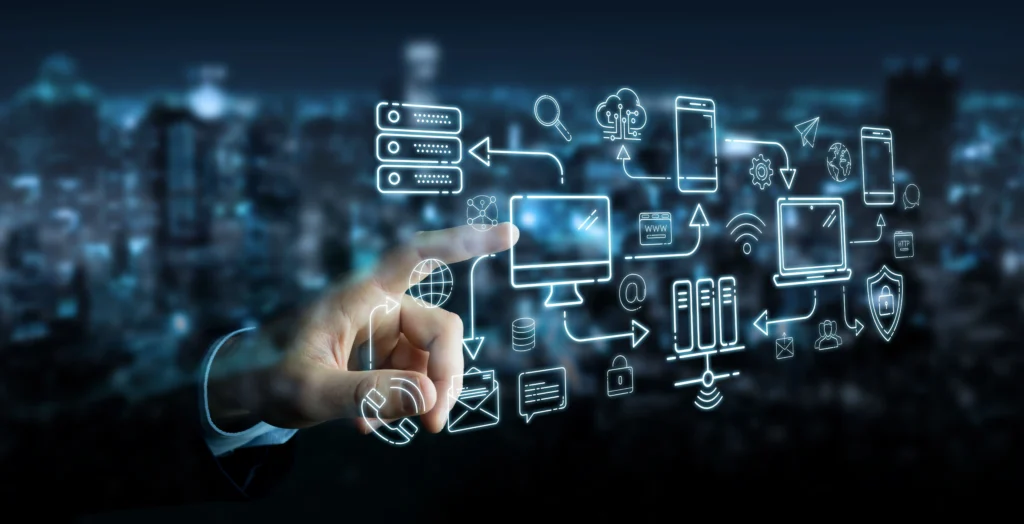
How a Chatbot for Marketing Strengthens the Funnel
A powerful chatbot for marketing does not just support one step of the buyer journey. It plays a role across the funnel.
- Awareness Stage
When new visitors land on your site, the chatbot acts as a friendly greeter. It introduces your brand, highlights key offerings, and collects lead information through natural conversation. This creates a stronger first impression than a static sign-up form.
- Consideration Stage
At this stage, customers are exploring options. Chatbots can answer in-depth questions, provide side-by-side comparisons, and share tailored recommendations. This builds trust and keeps the visitor engaged with your brand.
- Conversion Stage
Finally, a business chat bot helps eliminate last-minute friction. From scheduling demos to integrating with payment systems, the chatbot ensures customers complete their journey smoothly without hesitation.
By being present at every stage, chatbots elevate marketing from push tactics to guided, customer-first experiences.

Real-World Use Cases of Chatbot Marketing
Businesses across industries are adopting chatbot marketing strategies because the use cases are both versatile and impactful:
- Retail and e-Commerce: Chatbots recommend products based on browsing history, answer questions about sizes or availability, and streamline checkout processes.
- SaaS and Tech: Companies use them to onboard new users, offer tutorials, and resolve setup issues while nudging users toward premium plans.
- Healthcare: Clinics deploy chatbots to help patients book appointments, access FAQs, and receive reminders.
- Professional Services: From law firms to fitness coaches, chatbots manage initial consultations, bookings, and follow-up communication.
These examples highlight how business chat bots adapt to different industries while delivering the same core value: higher engagement and better customer experiences.

The Future of Chatbot Marketing
The future of chatbot marketing lies in even deeper personalization and smarter automation. Instead of just answering questions, the next generation of chatbots will predict customer needs before they are asked. By analyzing behavior patterns, browsing data, and prior conversations, they will proactively suggest relevant products, services, or content.
We will also see tighter integration with omnichannel strategies. Future AI chatbots for business will move seamlessly across platforms, starting a conversation on a website, continuing on social media, and finishing in a mobile app without losing context. This unified experience will redefine how businesses interact with customers.
Another emerging trend is compliance and trust. Customers are becoming more aware of privacy issues. Businesses will need chatbots that not only engage but also ensure transparency, data security, and compliance with global regulations.

Why Every Business Needs a Chatbot for Marketing
Whether you are a startup looking for efficient lead generation or an enterprise managing thousands of customer inquiries daily, the need for a chatbot for marketing is universal. These tools free up valuable human resources, keep customers engaged, and ultimately drive growth.
A business chat bot is not just about automating tasks. It is about creating experiences that scale without losing the human touch. That is why more marketing teams are investing in chatbot solutions as part of their core strategy.
Start for free. Launch in minutes. Let your website talk.
Try botxpert today and build your ideal website chatbot.
check out our other blogs to know more. blogs.botxpert
